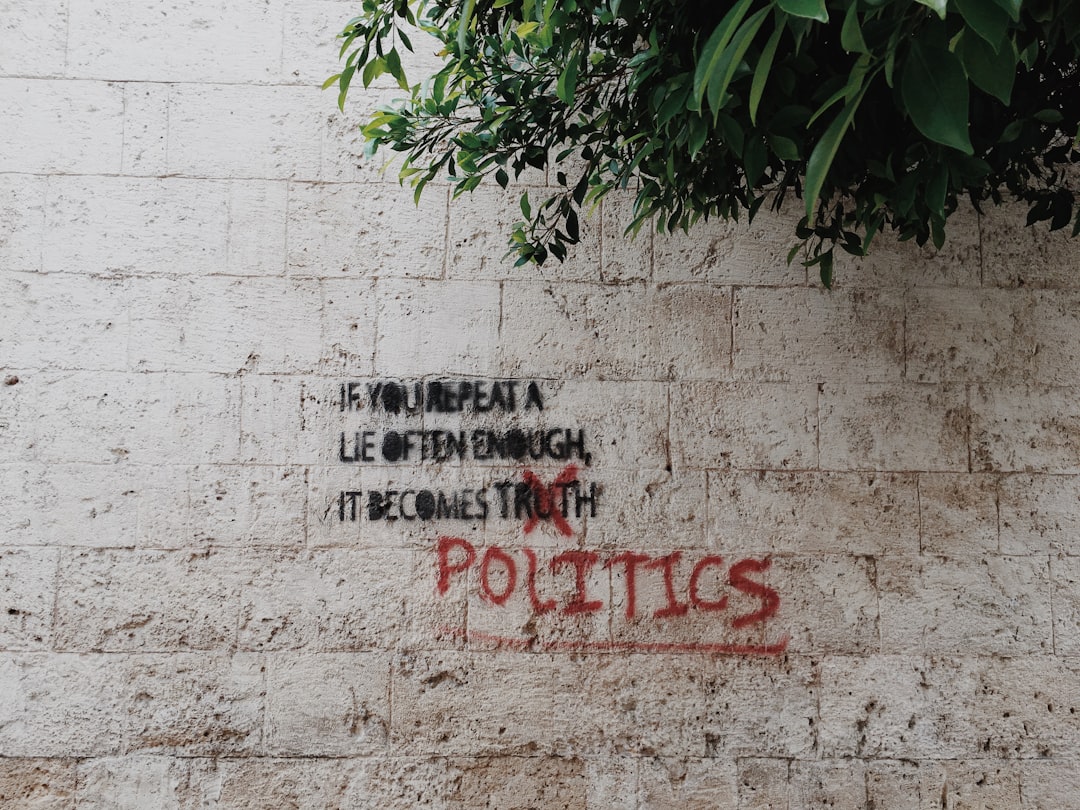Is politics broken? And if so, how do we fix it?
A conversation with Clive Lewis MP about democracy, political heroes and the enduring relevance of Star Wars
In recent years, I’ve been hit by a feeling of profound apathy when it comes to traditional politics and by that, because I live in the UK, I mean the Westminster political circus.
As someone who has always been politically engaged — and often very politically active — this has been interesting to observe. It’s not that I don’t care about the big issues…
Keep reading with a 7-day free trial
Subscribe to Rising Up with Yasmin Khan to keep reading this post and get 7 days of free access to the full post archives.





